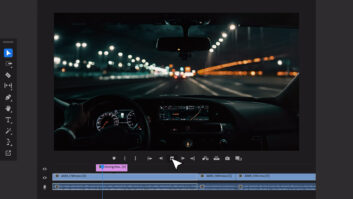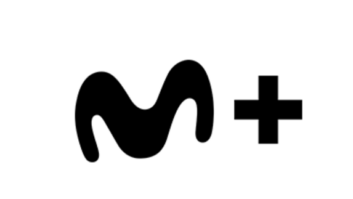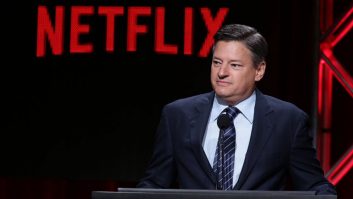ChatGPT and other AI technologies are grabbing a lot of headlines, and whilst I have been following the stories in the press, it was only recently that I decided to get first-hand experience. What triggered this was a friend highlighting to me that ChatGPT could write software code, which really sparked my curiosity. I started by logging onto chat.openai.com, created an account, and within minutes the results I had ranged between impressive and jaw-dropping! My first observation is; do not be misled by the term “Chat”, which totally belies the power of this platform.
Like most people, I started with some trivial tests at a conversational level which were interesting, but very quickly I was asking some challenging questions and that’s where the experience became impressive. An example test I tried was; “Explain the security features of [company name]’s [product name]”. I have to say the result was more comprehensive and easier to understand than the company’s website. I’ve avoided using names here because I think this is genuinely a generic example, whether you use AI to better understand something, or you use it to improve your marketing collateral, the benefit is clear.
My next test was to create some code. I tried a simple test I used in a previous company when hiring software developers, “write some C code to drive some traffic lights with a UK sequence”. I had my result in seconds and it was of course flawless. I liked this test when recruiting because there was a good follow-on question, “how would you change this to add a pedestrian crossing?” This caught out many candidates who hadn’t written the code well enough to accommodate a change in requirements, but not ChatGPT. After writing the initial code it actually pre-empted this and advised me that a real-life scenario would likely be far more complicated including crossings and other requirements. So much for my first attempt at trying to catch out an AI!
I was left wondering what the implications for the future of software development are for any industry. I’m particularly interested in the implications for creative industries like media and entertainment.
For those of us old enough to have worked through the early days of the Internet, almost nobody predicted the massive socioeconomic impact we’re now experiencing with social media. With Web 1.0 the focus was on basic e-commerce, funky domain names, and getting low-resolution, low-frame-rate video onto a PC. There were a few exceptions. I like an interview David Bowie gave in 1999 (Google “Bowie impact of the internet”). I think he was close in his prediction and with his description of “exhilarating and terrifying”. This description feels very appropriate for the current AI revolution. More on Bowie later…
After my initial experience I did more homework. There is already a vast array of tools available online for generating content, text to image, text to video, video editing, the list goes on. My experimenting with some of the tools allowed me to generate a video, with a virtual presenter, narrating a perfectly timed script written by ChatGPT, using imagery generated by another AI. What you can do with these tools, and very little talent, is absolutely incredible!
What does this all mean for our industry? Will AI applications takeover creating the content we watch? Also, what does it mean for me? I wondered, do I have a new superpower that means I could become the next Steven Spielberg? I don’t think so, not with the capabilities we’re seeing evolve today. Why? We need to take note that this software is called: Generative AI.
I can generate content using AI, but my efforts will ultimately be limited by the fact that AI tools and I are using knowledge of what has gone before. The vast repository of information that is the internet, means AI can draw on material to create content that no human could. To put it into music terms, I am likely to create a mediocre cover band, the combination of my talents and AI tools don’t have the artistic creative spark to create Ziggy Stardust and generate new genera of music and style.
After a brief, but fascinating foray into the world of AI, my initial conclusions are:
Will AI change our industry? Without question, and in ways we don’t yet understand.
Will AI make humans obsolete? I don’t think so, they are massively powerful tools, but will generate the best results when driven by genuine human creativity. Steven Spielberg can be reassured, I won’t be challenging him any time soon!
Finally, should you be using AI in your business? Absolutely! If you haven’t already then start today.







